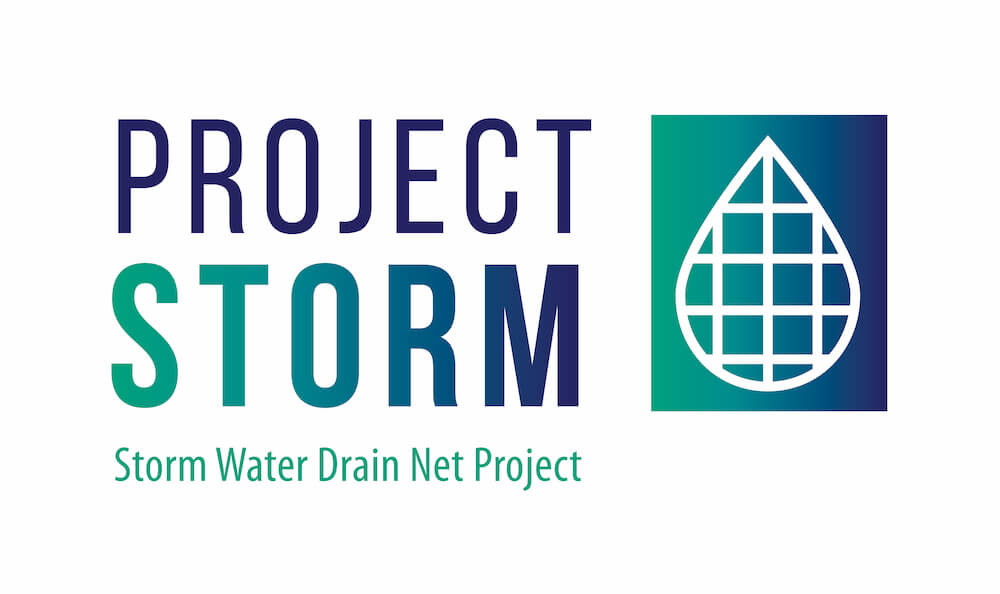CLEAN MARINE
FISHING LINE BINS:
The Fishing Line Recovery and Recycling Programme uses PVC pipes to create receptacles that stand 60 cm high and are erected at beaches around the country as repositories for used, discarded monofilament fishing line. The programme increases public awareness of the negative impacts of fishing line debris and encourages correct disposal by placing a network of the fishing line bins strategically along the coastline. Since the launch of the project in 2010 in the Gansbaai area, it has expanded countrywide and has met with overwhelming support by anglers, boaters and local communities.
The DICT assembles and distributes the bins through a partnership with the Marine Dynamics International Marine Volunteer Programme. The material for the bins is sponsored by MacNeil as arranged by Plastics SA. The GPS position of each bin is entered into a database to allow for the creation of a map to indicate where fishing lines bins are available and which organisation is responsible for the maintenance and emptying of the bins.
CATCH IT IF YOU CAN:
To prevent plastic from entering the ocean the Trust, inspired by a project in Australia, recently positioned a unique net system over a storm water drain outlet in the Gansbaai harbour.The net is designed to prevent plastic pollutants, carried by storm water from the local road network, from flowing into the marine environment. The net will be monitored by the Dyer Island Conservation Trust team to assess & record the ‘catch’.
With 63 storm water outlets in Gansbaai alone, this project will be a long-term collaborative effort with the Overstrand Municipality, with an initial focus on the most problematic areas.
COASTAL CLEAN-UPS
We engage in many beach clean ups with local school groups and volunteers. Data about the amount and type of trash collected, is logged to affect changes where problems are identified. We teach the message of where trash originates from and spread the message of reduce, reuse and recycle. We encourage others to reduce, reuse and recycle ultimately reducing their ecological footprint. We recycle our own waste and encourage suppliers to use less plastic. All aspects of the Trust and the associated eco-tourism business place a high priority of minimising waste.
The Trust belongs to the Technical and Scientific Advisory Committee for Marine Pollution

